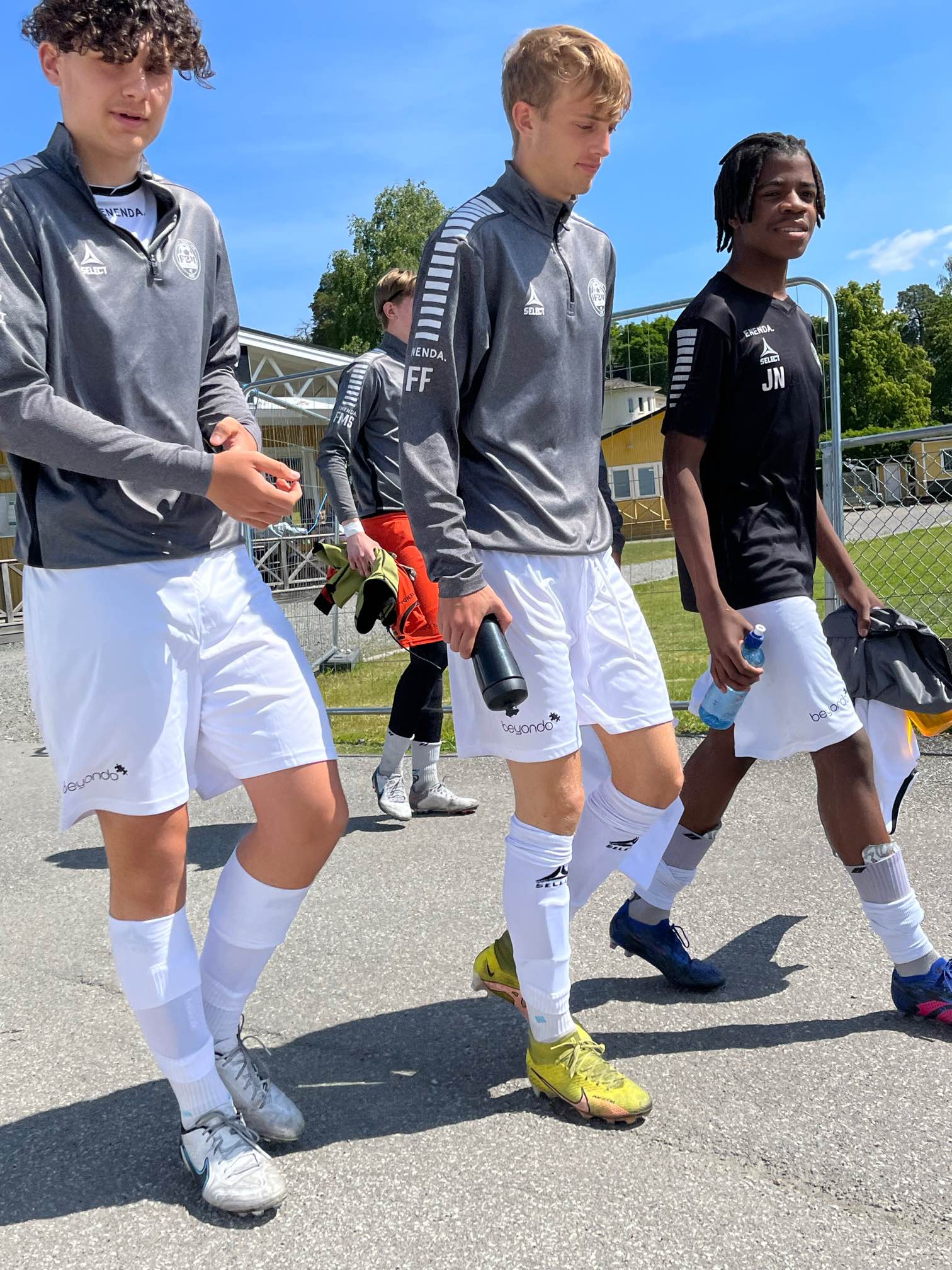What does the recruitment of new (business) staff have in common with building a football team?
This blog explores the similarities between recruiting, retention and building a high-performing (football) team.
It is obvious to everyone that good recruitment should be someone who comes in to strengthen the team. But how do you know what you need to recruit, and what skills, personalities and capacities do you need? Do you need players for the defence or the offence, or do you need a goalkeeper? And, if you are building a team with only ‘Zlatans’, I think everyone knows that is not what any team needs.
Fitting a player or (at the professional level) ‘buying' a player for a team is like recruiting a new staff member. Sometimes, it is triggered by retirement, someone leaving the team/company (‘being bought' by another team), enabling expansion/higher ambitions, or getting new skills into the team. Whatever the reason, it offers opportunities.

So first you need to be clear about the position and the expectations, and in that context, it wouldn’t be bad to think not only about the direct role but also about potential further development. In football you sometimes want a player to be directly contributing to the A team, but sometimes special attention is paid to the talent and potential to strengthen the bench. You might want to attract talented youngsters with the purpose of being even more significant for your team a few years later. In the present market, both in football and in business, it cannot be underestimated that talented people always will have alternative options and the perspective beyond the initial role can be quite decisive for someone to join or not.
We have put together some factors such as player positions, skills, teamwork and recruitment strategies, that you can use when building your team.
Identify key positions and roles: Each position has specific responsibilities and skill sets. Determine the number of players you need for each position.
Secondly, what goals and objectives do you wish to reach and what is your signature style of playing? A clear game plan should ideally be made explicit. This often reflects both the competitive landscape, the heritage of the organisation as well as the hand of the manager. Sometimes new team members can be vital change agents as well, to change the way the team has historically operated, if that is desired or required.
What goals do you wish to reach and what is your signature style of playing? Determine the objects and philosophy of your organisation. Consider if you wish to be attacking or playing a defensive style. (Business: what is your company philosophy and how do you want to approach the market?)
Thirdly create a recruitment plan: Where does a new team member come from? From within, like your academy or own talent pool, or do you need external strengthening? If you need external strengthening, you may want to rely on scouts who have been actively looking around even way before you identify your need for a new team member. In business, the role of scouts is usually working with a recruitment agency that has a wider look at the market than you do yourself.
Organize try-outs and evaluate them: Set up trial sessions (interviews in business) where potential new team members can showcase their current skills, their competencies and (more difficult) their talent.
Teamwork and player chemistry: It is essential to build a cohesive team if you wish to succeed. It is important that the players not only possess the right skills, but they need to be able to fit into YOUR team. (Business: here you can think of a mixed interview panel, so you can see from various perspectives how interpersonal skills are being received).
Opportunities for development: No one is an exact match, so you need to identify the strengths and weaknesses of your potential new team member. In some aspects, new team members may bring more or even other skills and competencies than initially required and that can be a bonus in some cases, but there may be deficits. Whatever the situation there is always a need for training and learning their new role
Foster a positive team culture: A positive team culture is contagious and can lift others in the team. Fair play and sportsmanship are precious, toxic team members, however, can spoil the motivation and performance of other team members. (Business: You need to have staff that fosters good relationships with your clients, colleagues and other stakeholders. You want your staff to work towards the same goal – together!).

Make sure you have the right environment to succeed: Assemble good coaching staff (managers in business) who can guide and support the team members. They need to provide the team with direction, so the players understand the expectations and feel supported to achieve their best. Direct managers are very important: if people leave your company, it is often their management who is the main reason for their unhappiness, not the company!
If your players are happy, they will deliver: Monitor and track the progress of your team members, both individually and as a team. Give constructive feedback and identify areas of improvement but do not forget praise and recognition. The development plan should also identify areas of challenge and stretch. Particularly talented and ambitious individuals want to grow and enjoy being challenged. At the same time do not create divas in your team. Even great individuals should put the team above themselves. Do you also think that Manchester United benefitted from Ronaldo leaving? Ten Hag made it clear that no player is more important than the team!
We hope that these parallels with team sport and business help you in your successful recruitment and retention and ultimately business success. If done well it is rewarding for the organisation as well as for the individual.
Beyondo is ready to scout your new team member.
Do not forget, building a successful team does take time and patience! You need to have a long-term focus. And it is important to provide a nurturing environment for your players to grow and thrive!
Good luck!


-1.png)
